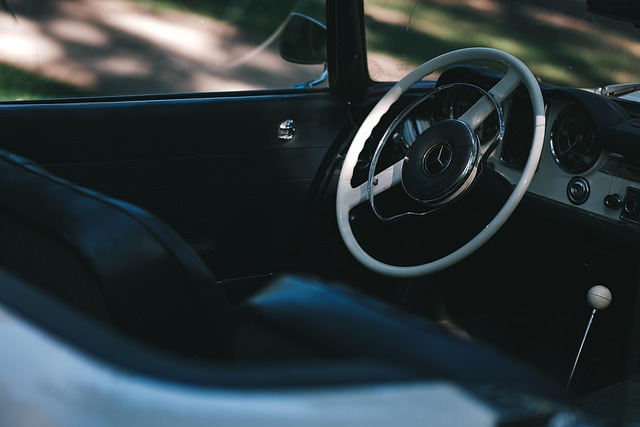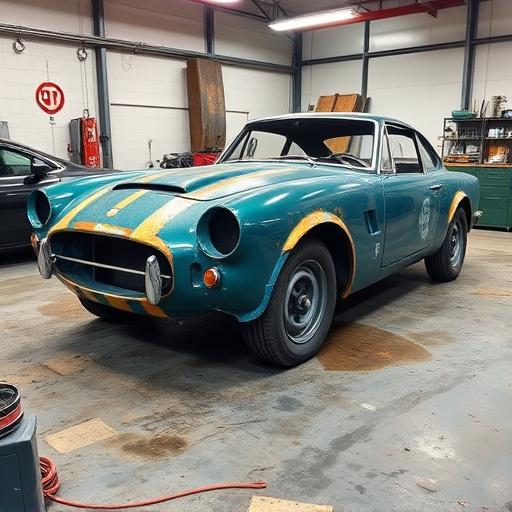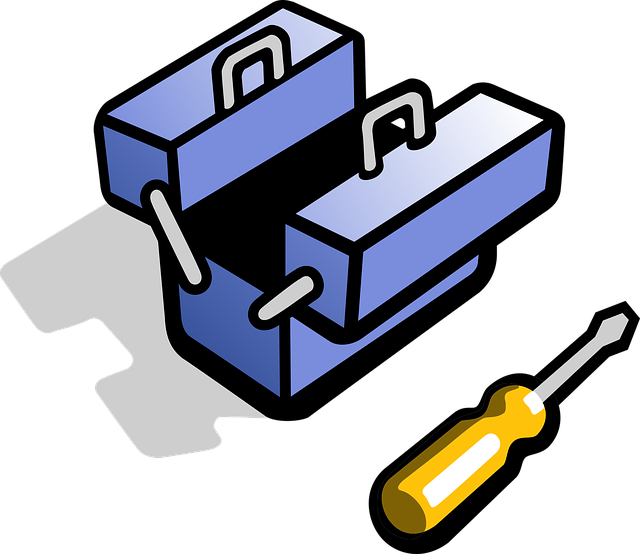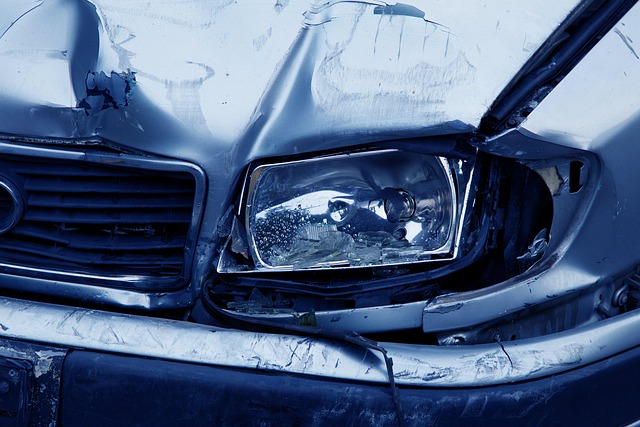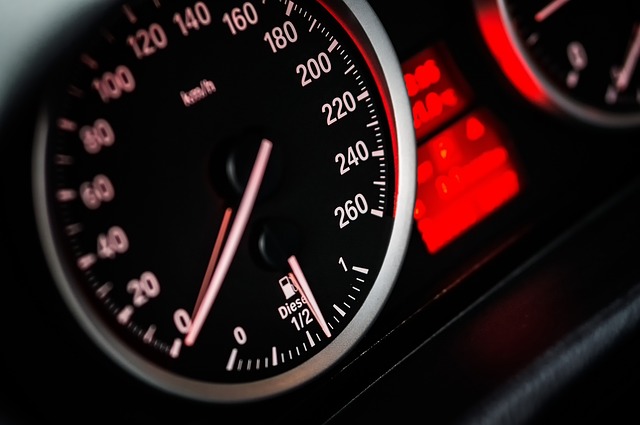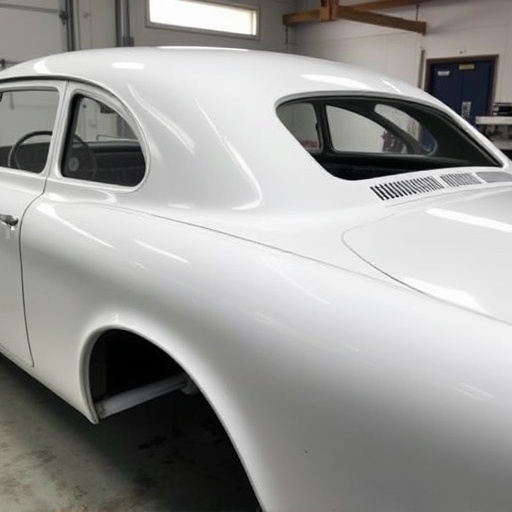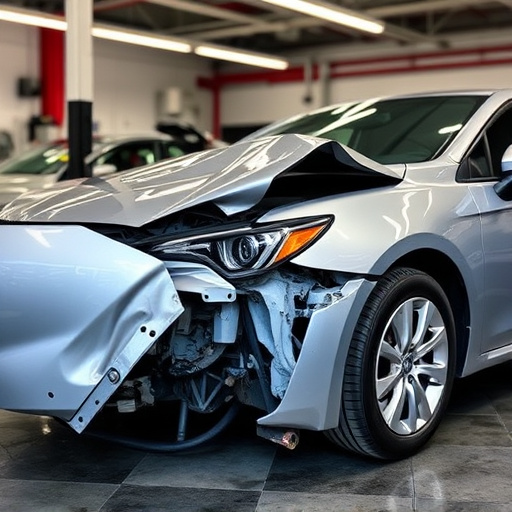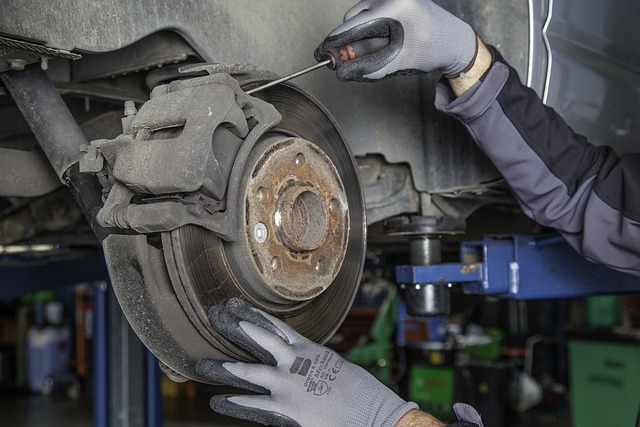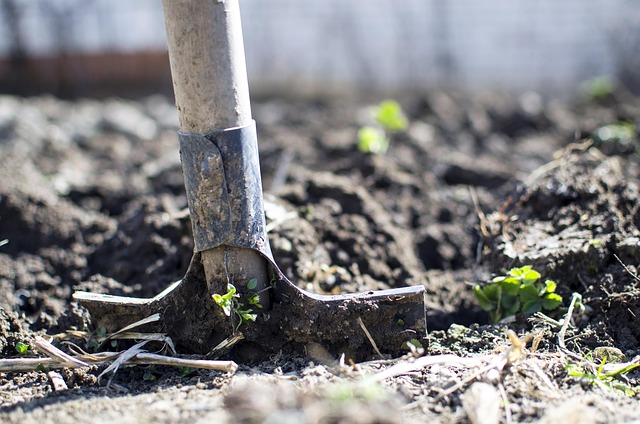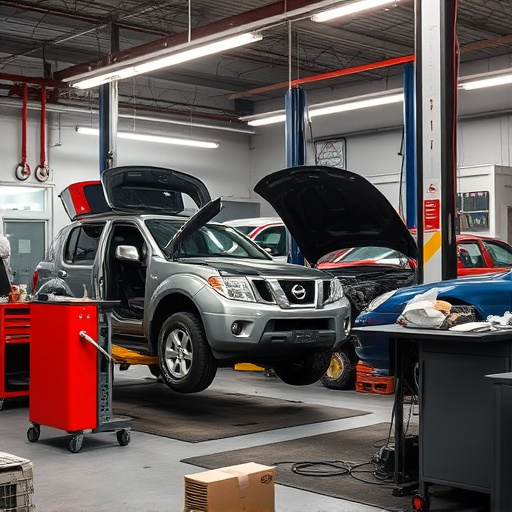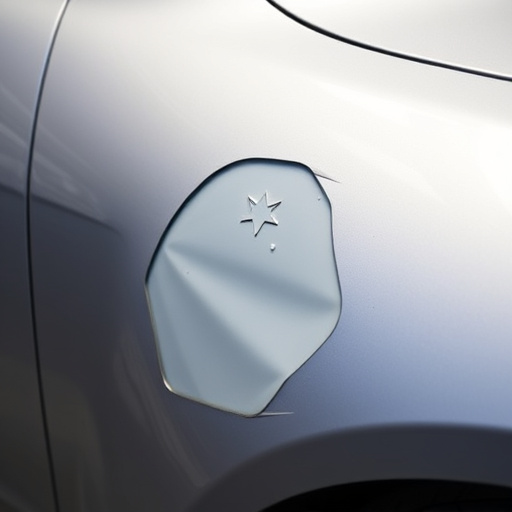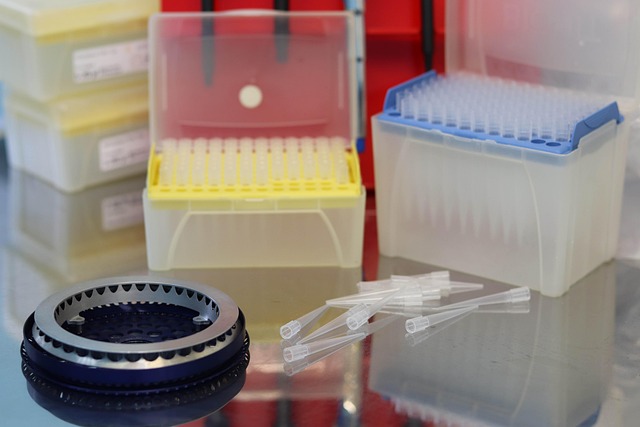Towing a vehicle to a collision center is essential after accidents, especially for high-end models like Mercedes-Benz, to ensure expert repair and preservation of aesthetic value. Collision centers provide specialized care using advanced tools and trained technicians. Different vehicle types require unique towing considerations, with proper procedures crucial to prevent secondary damage. Reputable services guarantee structural integrity and peace of mind during repairs, adhering to local regulations and high standards.
In today’s world, understanding the intricacies of towing to collision centers is paramount for both businesses and individuals. This comprehensive guide delves into the definition and purpose of towing services, exploring common scenarios that necessitate such transport, including damaged cars, motorcycles, and trucks. Furthermore, it examines liability considerations, highlighting legal responsibilities, insurance requirements, and strategies to mitigate potential issues. Best practices for safe towing and collision center procedures are also covered, emphasizing safety protocols, efficient handling, effective communication, and thorough post-tow inspections.
- Understanding Towing to Collision Centers
- – Definition and purpose of towing to collision centers
- – Types of vehicles involved (e.g., damaged cars, motorcycles, trucks)
Understanding Towing to Collision Centers

Towing a vehicle to a collision center is a common practice after a road accident or when a car needs significant repairs. This process involves specialized vehicles designed to transport damaged cars safely and efficiently to the repair facility, often referred to as the collision center or body shop. These centers are equipped to handle various types of damage, from minor dents and scratches to major structural repairs.
Understanding how towing to a car body shop works is crucial for both vehicle owners and drivers. When a Mercedes-Benz repair or any other high-end vehicle requires specialized attention, the collision center becomes the go-to facility. The process ensures that damaged cars are handled with care, minimizing further damage during transit. This is especially important when dealing with delicate car body shop repairs like scratch removal or intricate paintwork restoration, ensuring the car’s aesthetic value and potential resale value are preserved.
– Definition and purpose of towing to collision centers
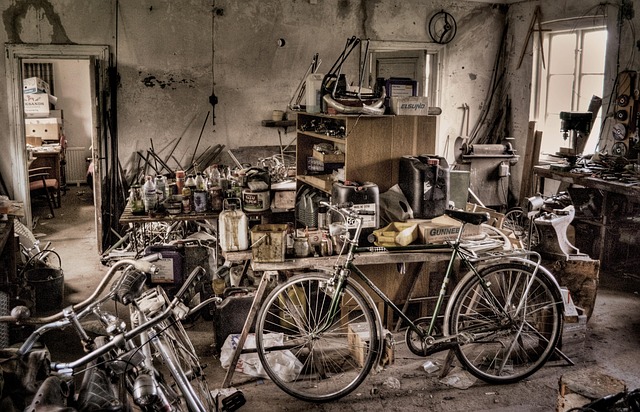
Towing to collision centers is a crucial process that facilitates the efficient handling of damaged vehicles following an accident. When a car or truck sustains significant damage, it often needs specialized care and repair services offered by a vehicle body shop. Collision centers are equipped with advanced tools and trained technicians who can assess and rectify various types of bodywork issues, ensuring vehicles are restored to their pre-accident condition.
This practice is not merely about transporting the affected vehicle but also involves responsible liability considerations. It’s essential to ensure that the towing process complies with local regulations and that the chosen collision center maintains high standards in repair services, especially for premium brands like Mercedes-Benz repairs. Utilizing reputable car bodywork services guarantees that the vehicle’s aesthetics and structural integrity are restored, providing peace of mind for owners facing a challenging situation.
– Types of vehicles involved (e.g., damaged cars, motorcycles, trucks)
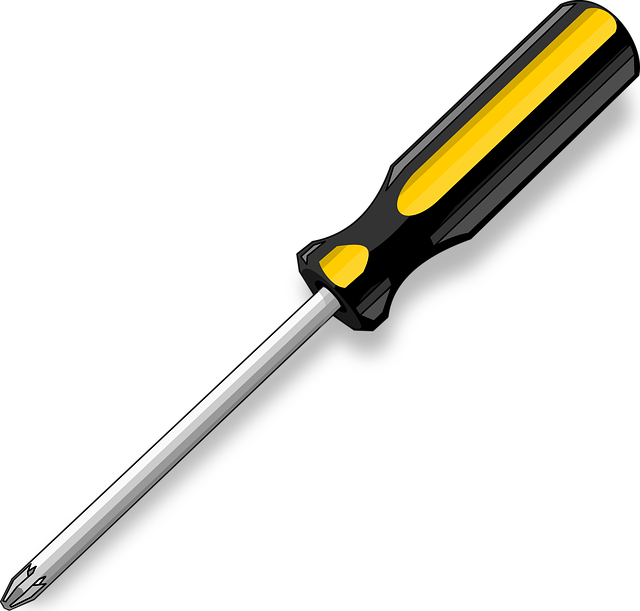
When a vehicle collides, several types of vehicles might require towing to a collision center for repairs, each presenting unique considerations. The most common include damaged cars, which range from minor fender benders to severe crashes that necessitate extensive auto frame repair. Motorcycles, with their specialized nature, need careful handling during towing to avoid further damage or safety risks. Commercial vehicles like trucks may also be involved, requiring specific equipment and routes for efficient transport to a vehicle body shop.
These different types of vehicles demand tailored approaches in terms of securement, transportation methods, and even the level of care needed once they reach the collision center. Proper towing procedures are crucial to prevent secondary damage or injuries, especially with fragile vehicles like motorcycles. Ensuring that each type of vehicle is handled appropriately contributes to a successful repair process and minimizes liability for both the towing company and the collision center.
Towing a vehicle to a collision center is a crucial step in the automotive repair process, ensuring that damaged vehicles receive the necessary attention. Understanding the liability considerations and the diverse range of vehicles involved is essential for both owners and tow truck operators. By recognizing the significance of this practice, we can streamline the post-collision response, facilitating efficient repairs and minimizing disruptions for all parties concerned.
